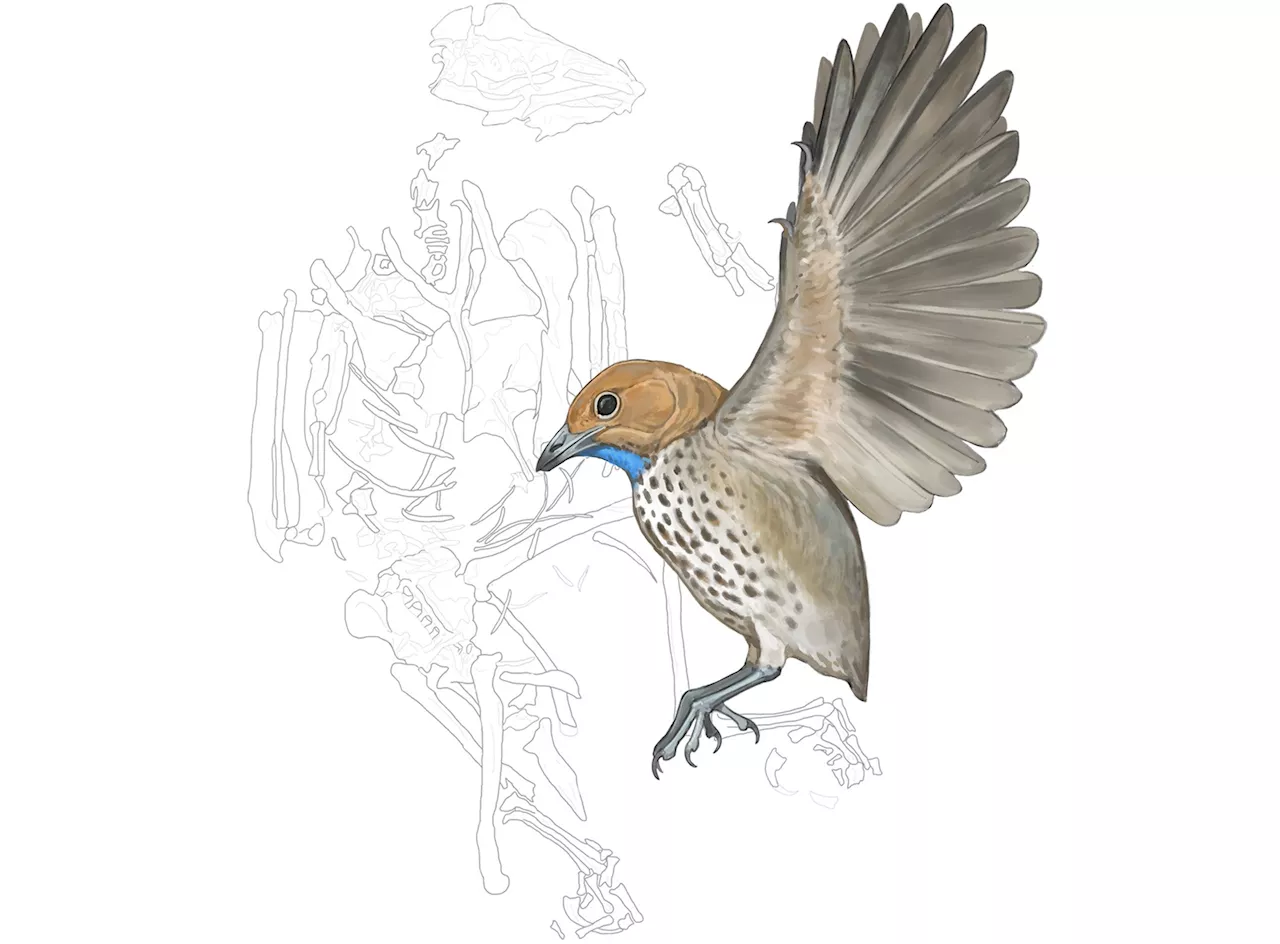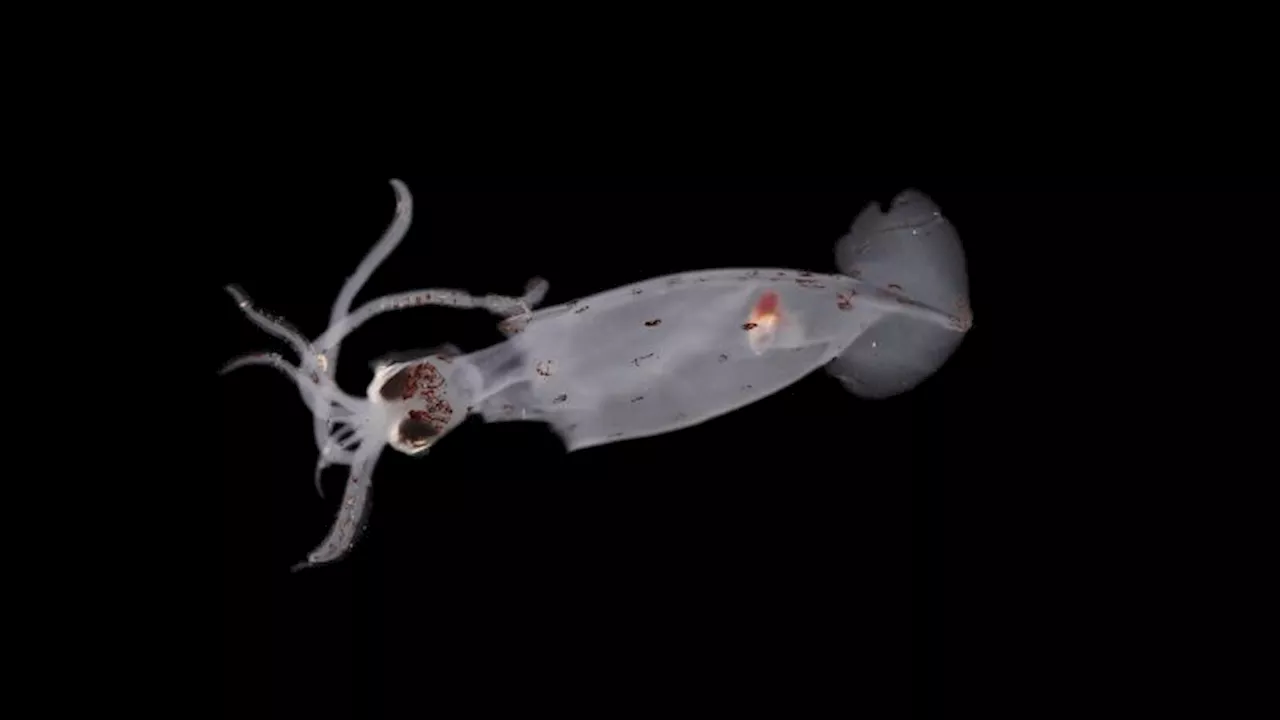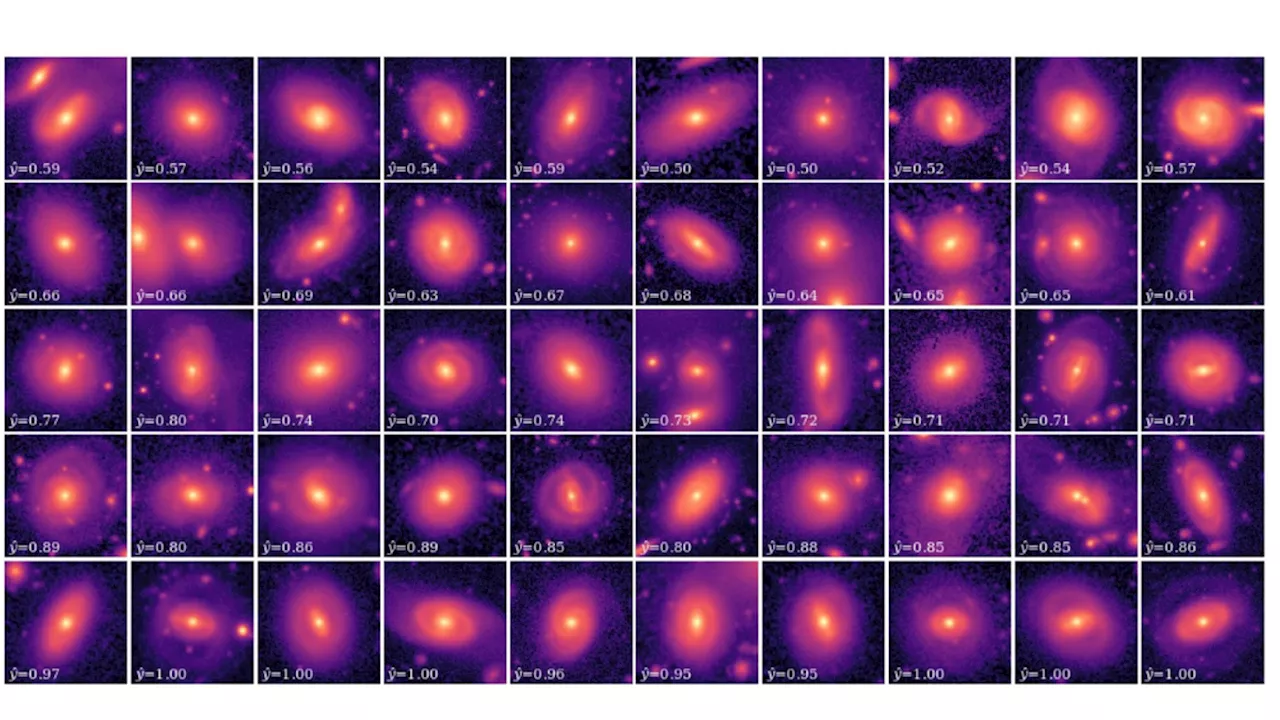Science, Space and Technology News 2024
, from the late Cretaceous period, showcasing the diversity of marine ecosystems before the dinosaur extinction. This species, part of the mosasaur family, highlights a time when the oceans teemed with a variety of giant predators, unlike today’s ecosystems dominated by a few apex predators. Credit: Andrey Atuchinof marine lizard with dagger-like teeth that lived near the end of the age of dinosaurs.
“There seems to have been a huge change in the ecosystem structure in the past 66 million years,” said Longrich. “This incredible diversity of top predators in the Late Cretaceous is unusual, and we don’t see that in modern marine communities.” “Modern ecosystems have predators like baleen whales and dolphins that eat small prey, and not many things eating large prey. The Cretaceous has a huge number of marine reptile species that take large prey. Whether there’s something about marine reptiles that caused the ecosystem to be different, or the prey, or perhaps the environment, we don’t know. But this was an incredibly dangerous time to be a fish, a sea turtle, or even a marine reptile.
United States Latest News, United States Headlines
Similar News:You can also read news stories similar to this one that we have collected from other news sources.
 – Scientists Discover Unusual New Species That Defied Dinosaur ExtinctionScience, Space and Technology News 2024
– Scientists Discover Unusual New Species That Defied Dinosaur ExtinctionScience, Space and Technology News 2024
Read more »
 Improved Performance and Recovery – Scientists Discover New Exercise Benefits of GinsengScience, Space and Technology News 2024
Improved Performance and Recovery – Scientists Discover New Exercise Benefits of GinsengScience, Space and Technology News 2024
Read more »
 Scientists Discover New Class of Antivirals That Work Against COVIDScience, Space and Technology News 2024
Scientists Discover New Class of Antivirals That Work Against COVIDScience, Space and Technology News 2024
Read more »
 Scientists discover 100 potential new deep-sea species, including mystery creatureScientists reported they found about 100 potential new deep-sea species — including one mystery creature — during an expedition off the coast of New Zealand.
Scientists discover 100 potential new deep-sea species, including mystery creatureScientists reported they found about 100 potential new deep-sea species — including one mystery creature — during an expedition off the coast of New Zealand.
Read more »
 Citizen scientists and AI take a cosmic cruise to discover 430,000 new galaxiesRobert Lea is a science journalist in the U.K. whose articles have been published in Physics World, New Scientist, Astronomy Magazine, All About Space, Newsweek and ZME Science. He also writes about science communication for Elsevier and the European Journal of Physics. Rob holds a bachelor of science degree in physics and astronomy from the U.K.
Citizen scientists and AI take a cosmic cruise to discover 430,000 new galaxiesRobert Lea is a science journalist in the U.K. whose articles have been published in Physics World, New Scientist, Astronomy Magazine, All About Space, Newsweek and ZME Science. He also writes about science communication for Elsevier and the European Journal of Physics. Rob holds a bachelor of science degree in physics and astronomy from the U.K.
Read more »
